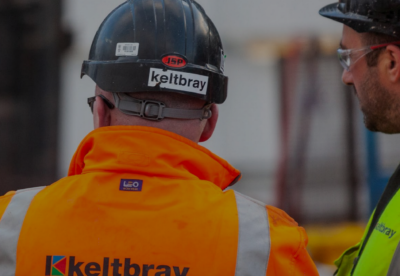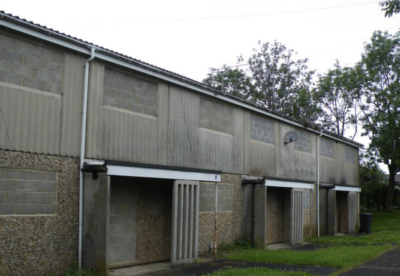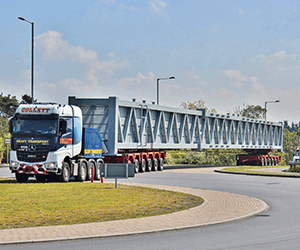Figures obtained by the BBC show that the £11.3bn construction cost of 103 hospitals has soared to £65bn under PFI deals.
The extra cash comes from health trusts having to pay back the building and financing costs over a set “mortgage” period while PFI providers are also tied-in to lucrative long-term maintenance deals.
NHS chiefs are now coming under pressure from central government to renegotiate the deals as they face funding cuts.
Some NHS trusts are spending more than 10% of their annual turnover on PFI repayments.
But the government said the 103 schemes were providing value for money.
The BBC figures reveal the levels of repayments are rising. In total, the NHS currently pays back £1.25bn each year – a figure which rises year-on-year until 2030 when it will top £2.3bn. The final payment will not be made until 2048.
Professor John Appleby, chief economist at the King’s Fund health think-tank, said: “It is a bit like taking out a pretty big mortgage in the expectation your income is going to rise, but the NHS is facing a period where that is not going to happen.
“Money is being squeezed and the size of the repayments will make it harder for some to make the savings it needs to. I don’t see why the NHS can’t go back to its lenders to renegotiate the deals, just as we would with our own mortgages.”
Dr Mark Porter, of the British Medical Association, added: “Locking the NHS into long-term contracts with the private sector has made entire local health economies more vulnerable to changing conditions.
“Now the financial crisis has changed conditions beyond recognition, so trusts tied into PFI deals have even less freedom to make business decisions that protect services, making cuts and closures more likely.”
Nigel Edwards, director of policy at the NHS Confederation, which represents trusts, accepted there was a problem.
“They were planned for a different world. I’m sure that in some cases people feel their hands are tied.”
But a Department of Health spokeswoman said the schemes were providing “value for money” and were “affordable”.
She added: “All trusts, not just those with PFI contracts, will need to deliver significant efficiencies over the coming years in order to meet rapidly rising demands while protecting front-line services.
“One of the benefits of PFI is that the buildings are always contractually required to be kept in good condition – good maintenance will always cost more than not maintaining facilities to a high standard.”














 MPU 300_250px.gif)














.gif)

























